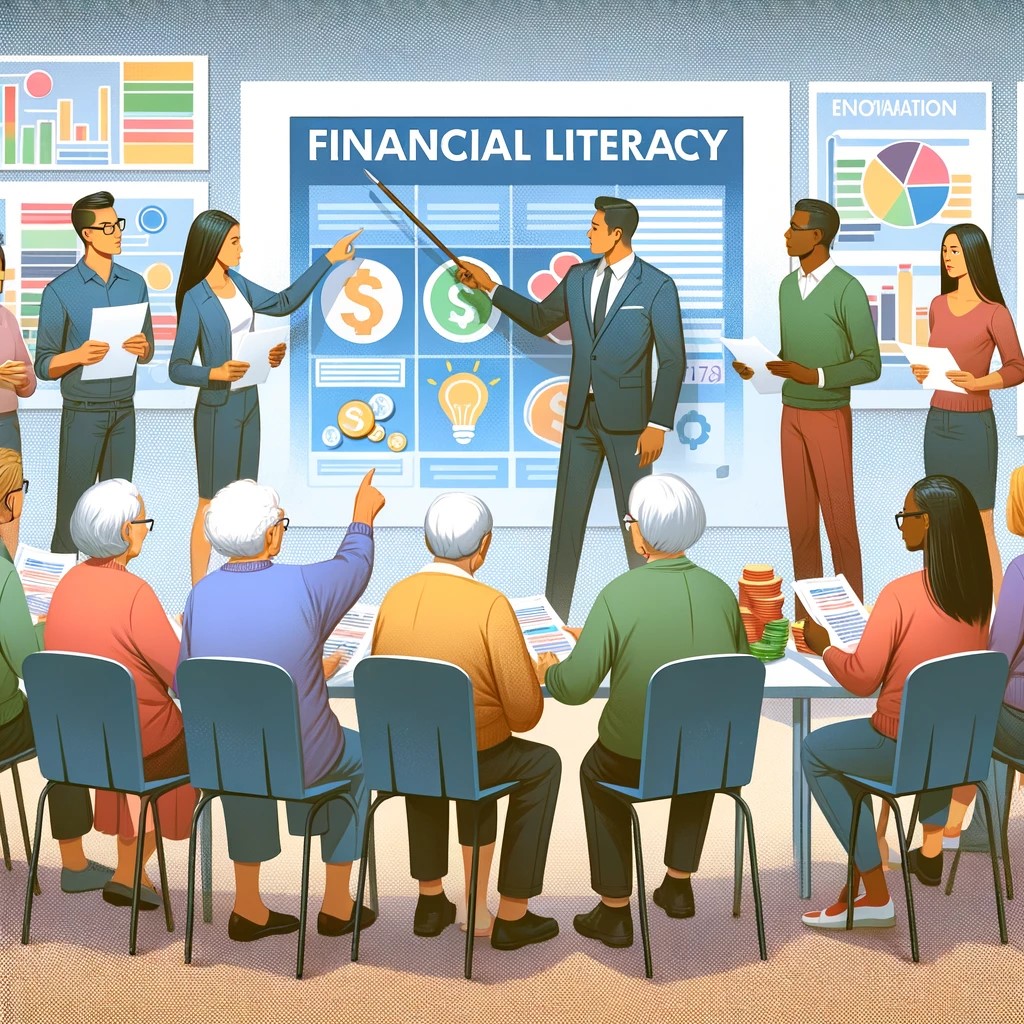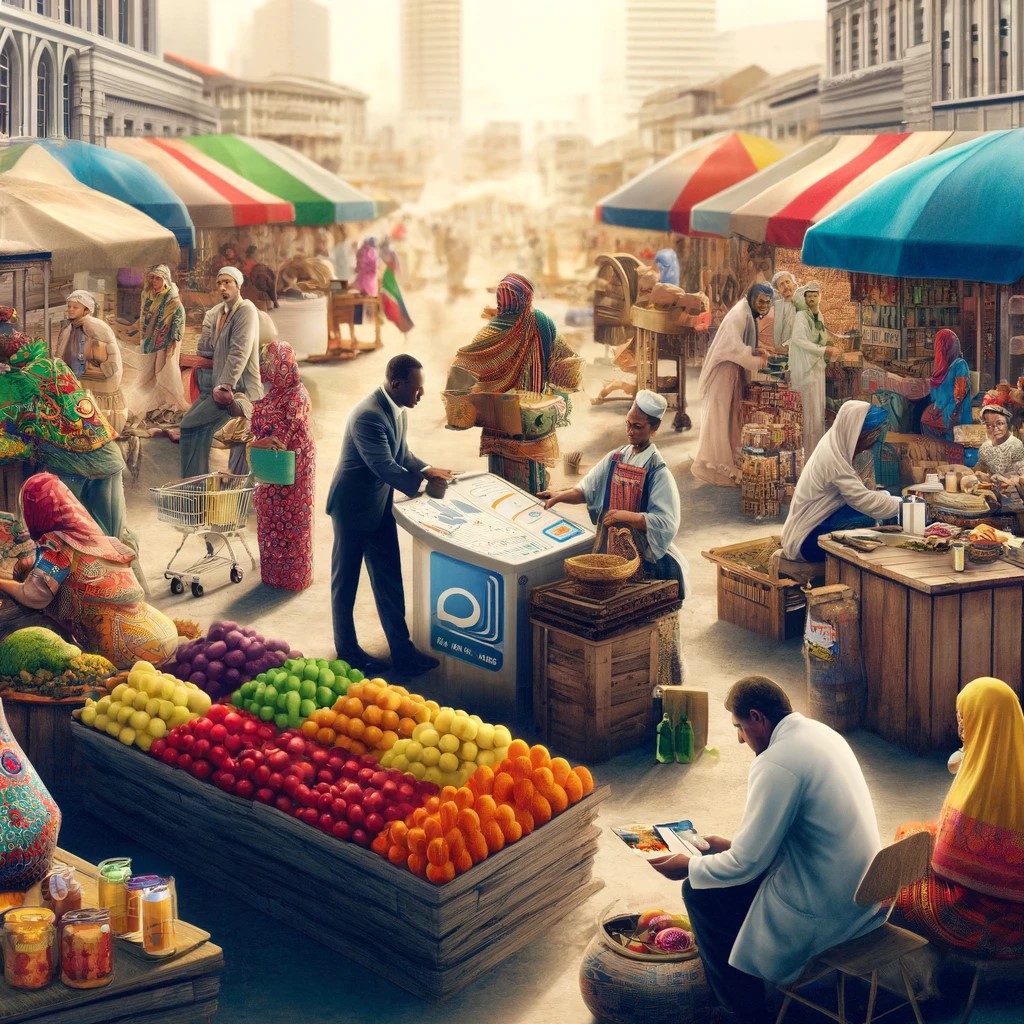In today’s global economy, financial inclusion has emerged as a critical pathway to reduce inequality and foster equitable growth. By providing individuals and businesses with access to useful and affordable financial products and services, financial inclusion enables the marginalized and underserved segments of society to participate in the economy more fully, thereby reducing disparities in wealth and opportunity.

Financial inclusion encompasses a range of financial services, from basic savings accounts to insurance, pensions, and credit. The availability of these services allows individuals to save for the future, invest in education or health, start and expand businesses, and insure against risks. These opportunities are crucial in leveling the playing field, particularly for those in lower-income brackets.
Current Trends in Financial Inclusion
The past decade has witnessed significant strides in financial inclusion, driven largely by technological advancements. Mobile banking, for instance, has revolutionized access to financial services, enabling users in remote or rural areas to perform transactions directly from their phones. According to the World Bank, the global number of adults with a bank account rose from 51% in 2011 to 69% in 2017, a testament to the impact of mobile technology.

Fintech innovations have also played a pivotal role. Startups around the globe are continually developing low-cost solutions that simplify the process of financial transactions for the unbanked and underbanked. Peer-to-peer lending platforms, microfinance apps, and e-wallets are just a few examples of how technology is making financial services more accessible and affordable.
Challenges to Overcome
Despite these advancements, significant challenges remain. Financial literacy is still a major barrier; many people do not possess the knowledge required to make informed decisions about financial products. Additionally, in some regions, traditional banking infrastructure is sparse or non-existent, complicating efforts to bring financial services to those areas.
Future Predictions for Financial Inclusion
Looking forward, the future of financial inclusion appears promising but requires concerted efforts from governments, financial institutions, and technology providers. The key to further progress lies in embracing digital transformation while ensuring that technological advancements are inclusive and accessible to all.

Governments, for example, can support financial inclusion by strengthening regulatory frameworks to accommodate new technologies and by launching initiatives to improve financial literacy. Additionally, more robust consumer protection laws are needed to safeguard against abuses in the rapidly evolving financial landscape.
Financial institutions, on the other hand, must continue to innovate and tailor their offerings to meet the unique needs of underserved markets. This might involve designing products that are not only financially accessible but also culturally relevant and simple to use.
Conclusion
Financial inclusion is a powerful tool in the fight against inequality. It empowers individuals, supports economic growth, and promotes social stability. As we move forward, it is crucial that all stakeholders — from policymakers to tech entrepreneurs — work together to ensure that the benefits of financial innovation reach the entirety of the globe’s population, thereby making a significant dent in the inequality that currently defines our world.





